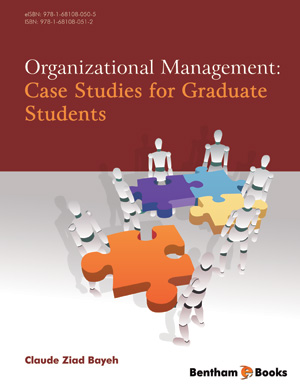Abstract
An economic partnership can play a significant role in poverty reduction in
the countries involved. The partnership’s contribution to poverty alleviation is,
however, a function of its scope and the nature of participating countries, which could
be constrained by various factors. Considering this, the chapter addresses the question
of whether the RCEP can contribute meaningfully to the achievement of the UN
Sustainable Development Goal 1 within the ASEAN region. This aspect is yet to be
subjected to scholarly examination. The chapter examines the potential of the RCEP to
help ASEAN countries to eradicate poverty, the factors that could jeopardise this
endeavour and the measures that could be taken to address these factors. Findings show
that the RCEP could indeed contribute to the realisation of Sustainable Development
Goal 1 in ASEAN countries since it has the potential to contribute to poverty
eradication. This is because of the partnership’s capacity to, among other aspects, drive
economic growth, boost real convergence and optimise the poverty eradication
potential of Micro, Small and Medium Enterprises in the ASEAN region. This
contribution may, however, be jeopardised with the advent of adverse events like the
COVID-19 pandemic, and because of political instability in some ASEAN countries. In
order to mitigate the impact of both of these challenges, ASEAN countries could
reinforce their social protection systems, intensify their commitment to the RCEP and
address the needs of the losers in the RCEP.
Keywords: ASEAN, Economic Integration, Poverty Reduction, Regional Comprehensive Economic Partnership, SDG 1.


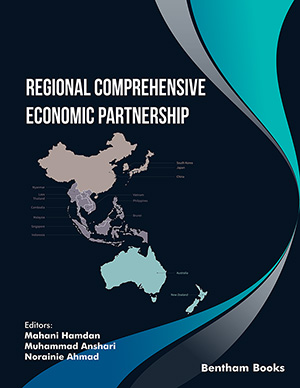

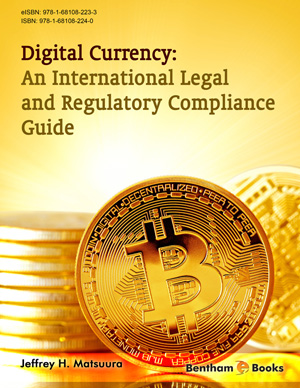
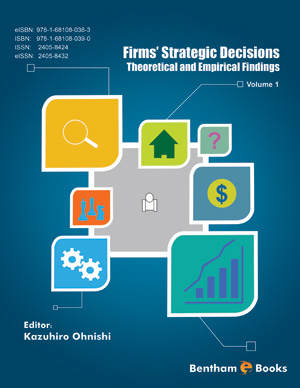
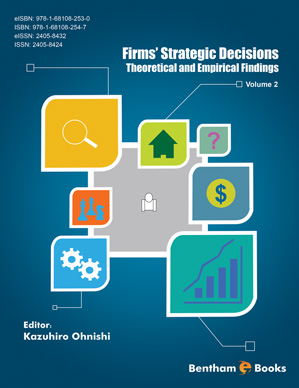
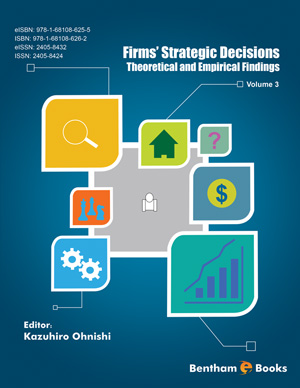

.jpg)


